
Peloton’s had a lot of ups and downs over the past year, but it recently snapped up an interesting mix of smaller tech companies. This latest round of acquisitions seems to hint that the company could be mulling its own wearable device—or at the very least, adding some interesting AI-powered features to its existing products.
Advertisement
Recent reports from Bloomberg and Wareable say that Peloton bought Aiqudo, Atlas Wearables, and Otari late in 2020. Aiqudo is an AI startup that specializes in helping developers add digital assistants to apps and devices. Otari has made an interactive workout mat complete with its own screen. Otari’s mat also includes a form of AI coaching to help correct form and count reps. Lastly, Atlas Wearables makes wearable sensors that focus on accurately recording workouts involving weights and bodyweight moves—something that no smartwatch has really figured out how to do well.
The Atlas Wearables acquisition is especially noteworthy. The company has built up a huge database of exercises, based on the actual movements of personal trainers from a wide variety of activity types like HIIT, Crossfit, Bootcamp, strength training, etc. Right now, while many trackers and smartwatches do offer strength training or weight recording, they’re terrible at recording how many reps of which exercise you’ve done. For some, like the Apple Watch, these activities just record your heart rate and duration, with calorie burn calculated based on a combination of other metrics. This is one of the biggest gaps in fitness tracking right now, as most available wearables are more suited to tracking cardio or recovery-based activities and metrics.
If you put it all together, it looks very much like Peloton could be laying the groundwork to expand its hardware to include better automatic workout detection, digital assistants, and, possibly, AI form coaching. It’s a compelling thought when you consider Peloton’s current ecosystem. Its bikes and treadmills all include big screens—and its newer bike and treadmill both have screens that rotate so you can switch from cycling/running to other exercise types more easily. Plus, Peloton also sells its own heartrate monitors and offers integration with the Apple Watch. Lastly, the company recently rolled out a feature called Stacked Classes, which allows you to more easily create a “workout playlist.” As in, you can schedule a 30-minute bike ride, followed by a 20-minute strength session, and a 10-minute cooldown. Adding a smartwatch-like gadget (or AI detection to its screens) that can auto-record you switching from one activity to the next or provide live feedback about form would be a massive achievement.
G/O Media may get a commission
More food for thought: Peloton also dropped $420 million to buy Precor, one of the world’s largest commercial fitness equipment makers, in December. At the time, it looked like the move was more to shore up Peloton’s supply chain and address those pesky, months-long delays that have frustrated many new buyers. In addition to gaining all of Precor’s U.S. production facilities, the deal also included the company’s 100-member research and development team. This would, theoretically, give Peloton the ability to produce any new hardware on its own.
We won’t know what comes out of all these acquisitions for a while. And while Peloton itself is rather bullish about its growth post-pandemic, there is the looming possibility that its notorious delays and cabin fever result in people flocking back to gyms once lockdowns end. Still, all these acquisitions seem to point to a future where Peloton only becomes more powerful and influential in the connected fitness world—not less.
Advertisement
March 29, 2021 at 10:05PM
https://ift.tt/3lZgJDk
Peloton's Latest Moves Hint at a Possible Smartwatch - Gizmodo
https://ift.tt/2YGK9Ms
Smartwatch







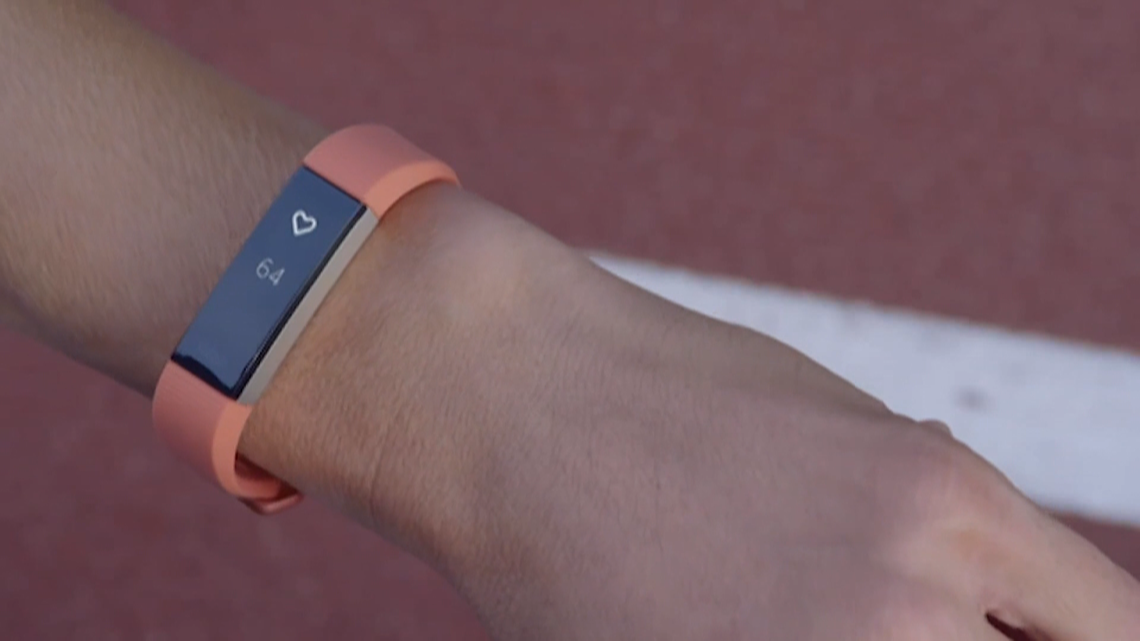

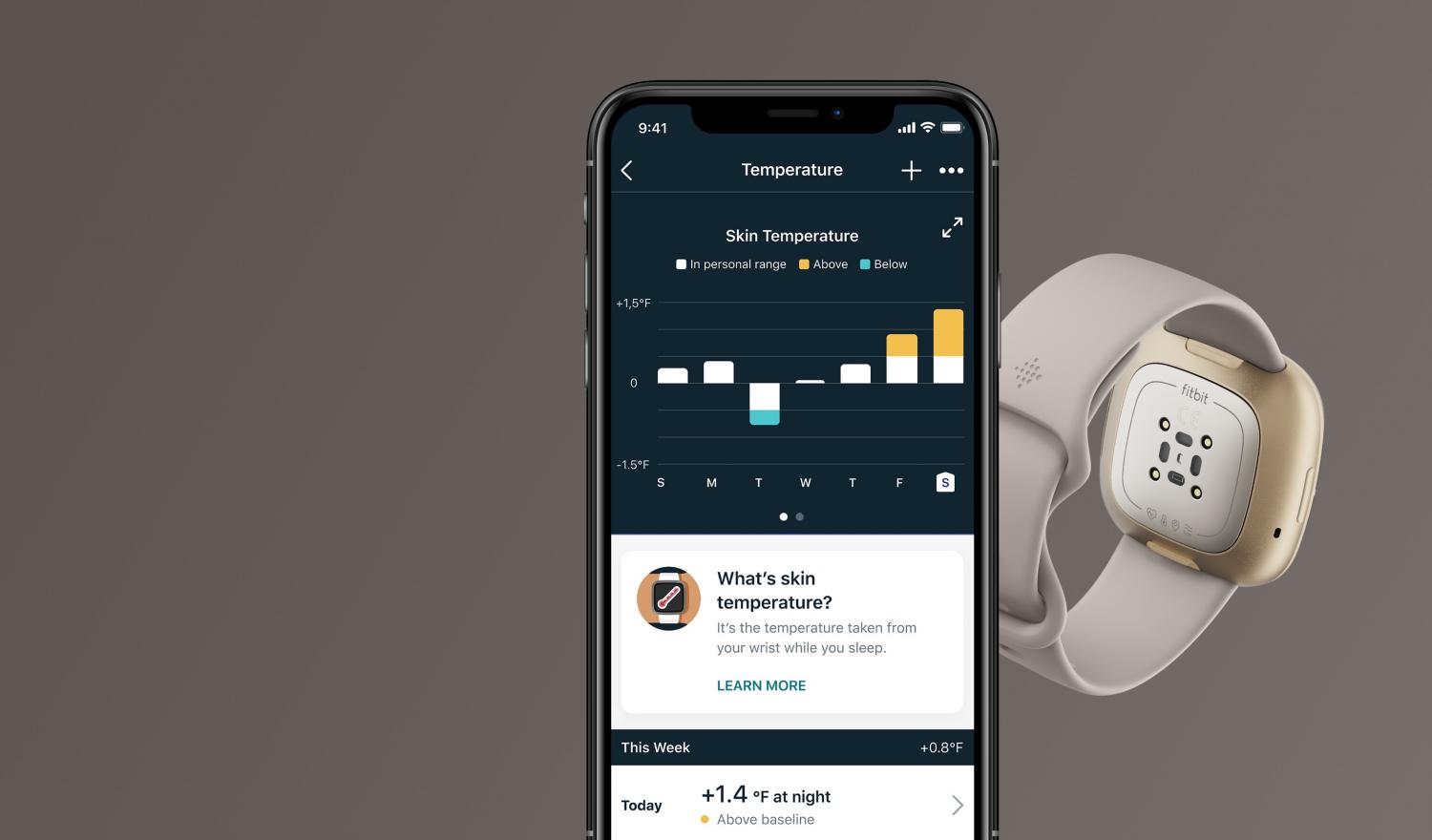

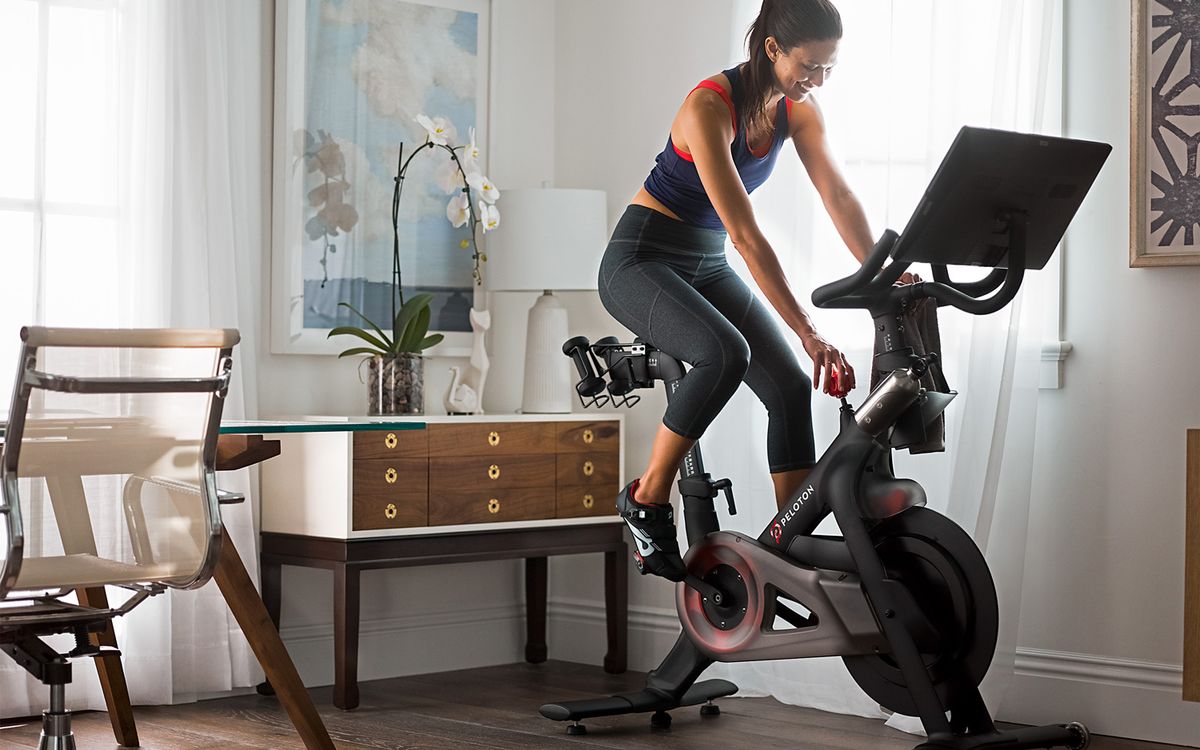


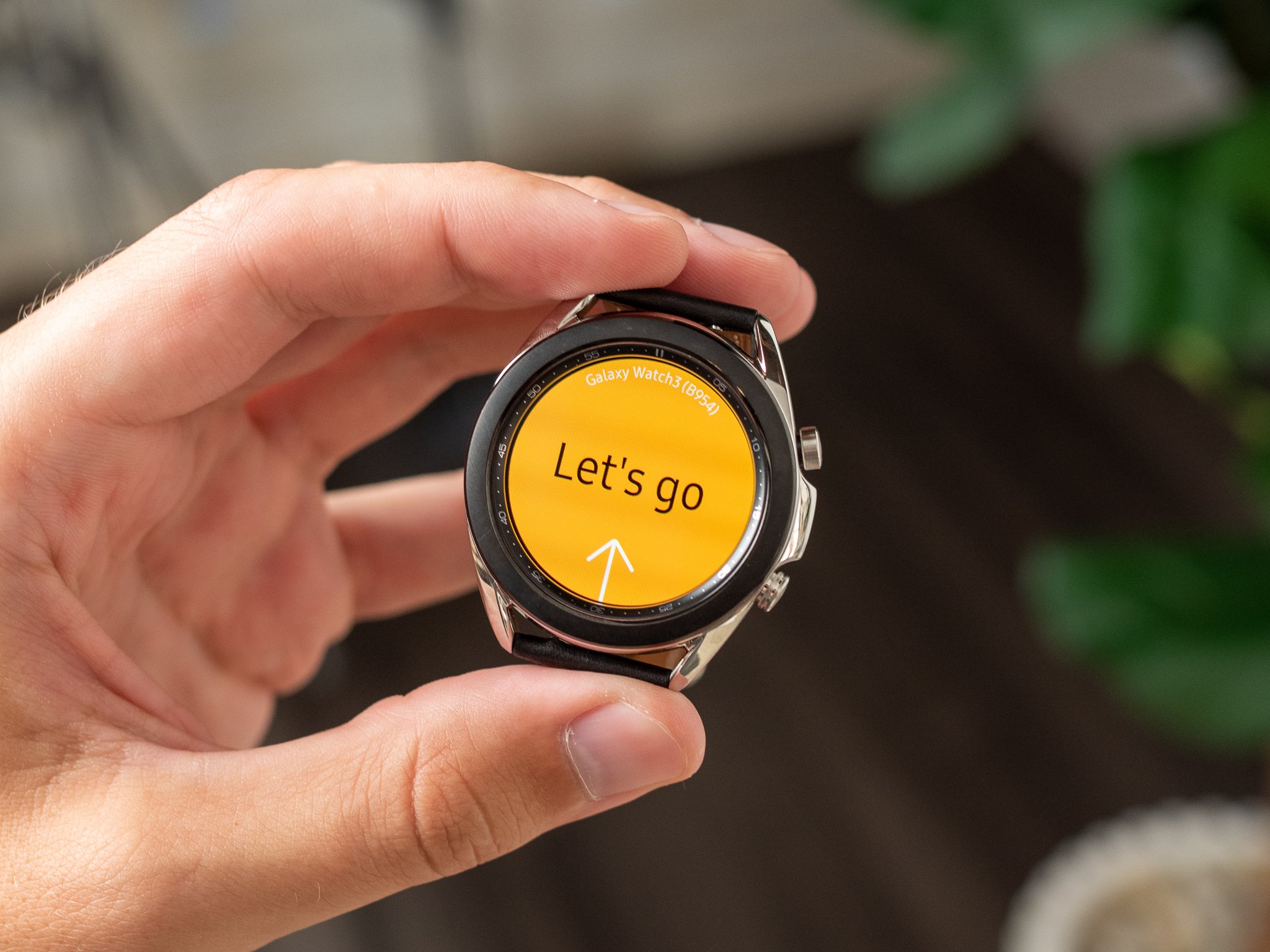






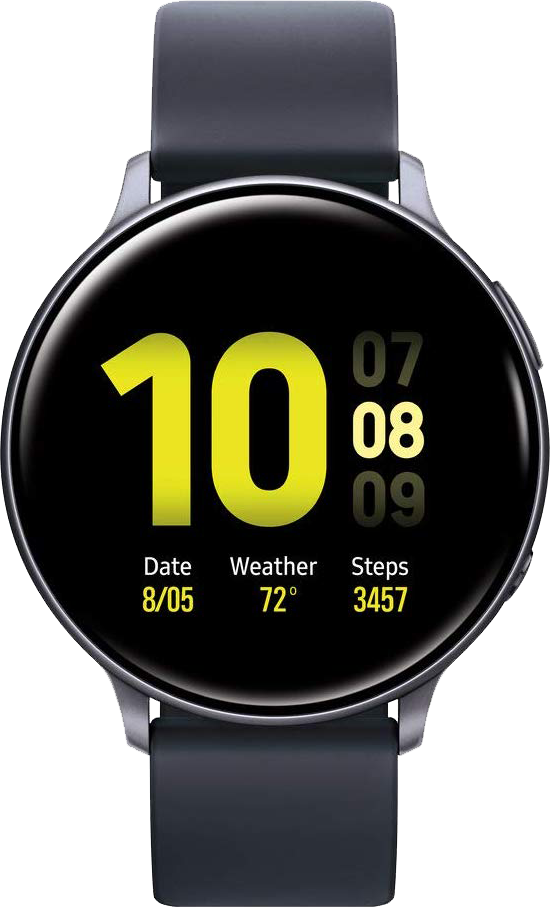
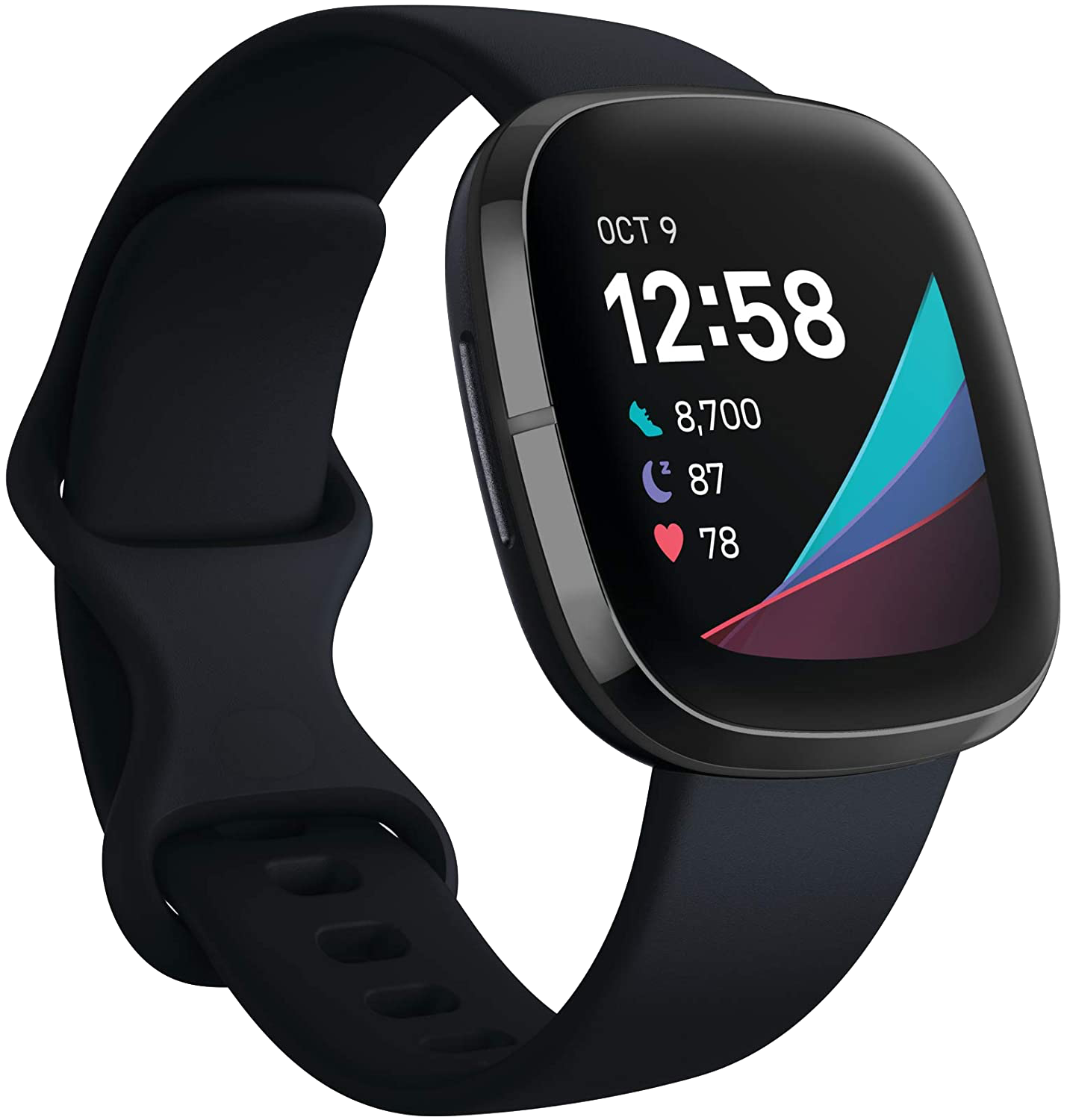

:no_upscale()/cdn.vox-cdn.com/uploads/chorus_asset/file/22689672/lil_baby_drake_rolex.jpg)